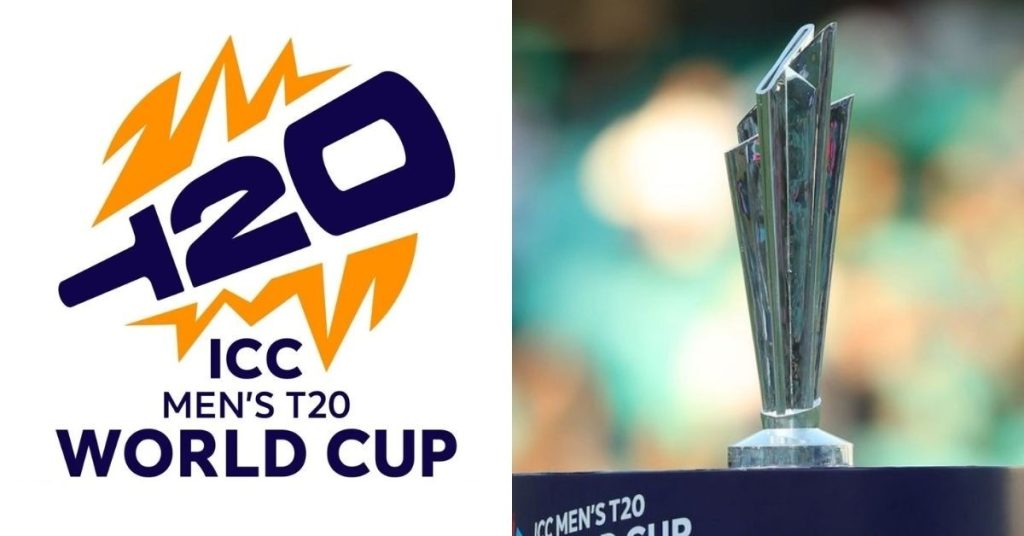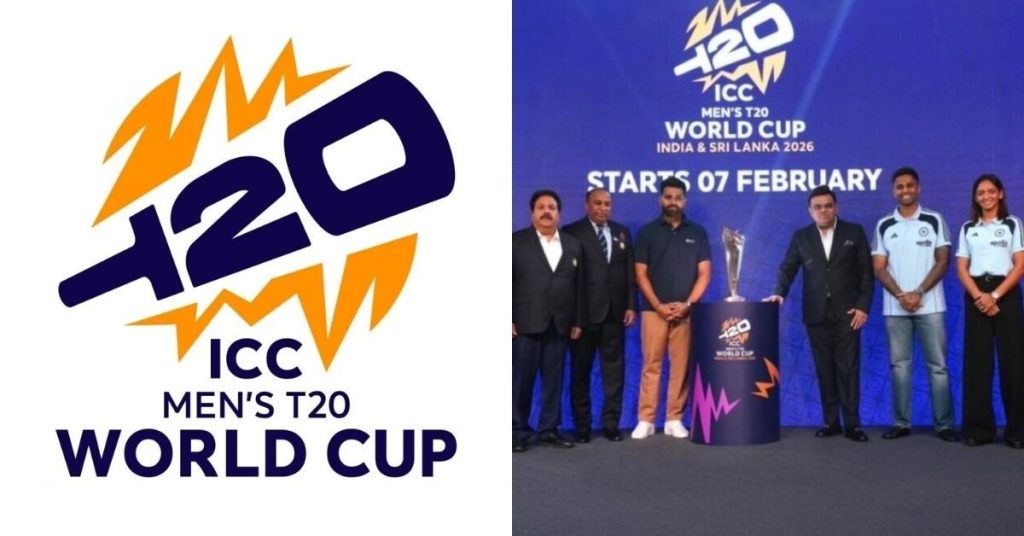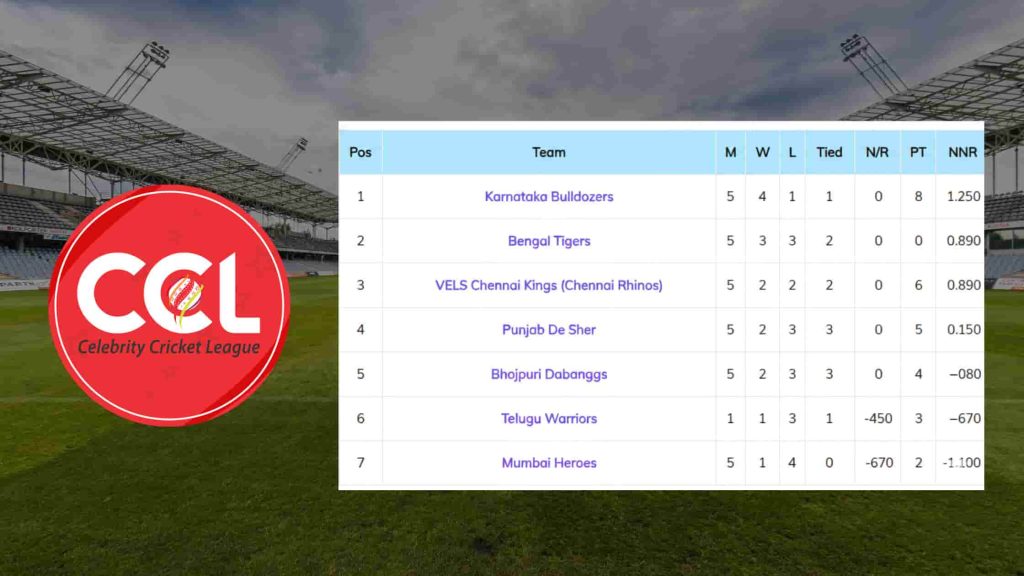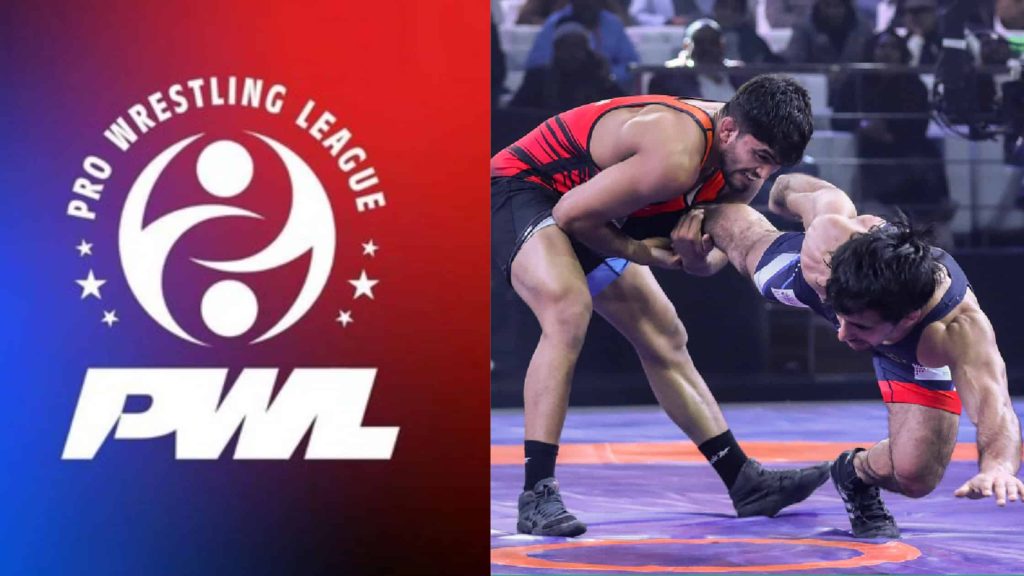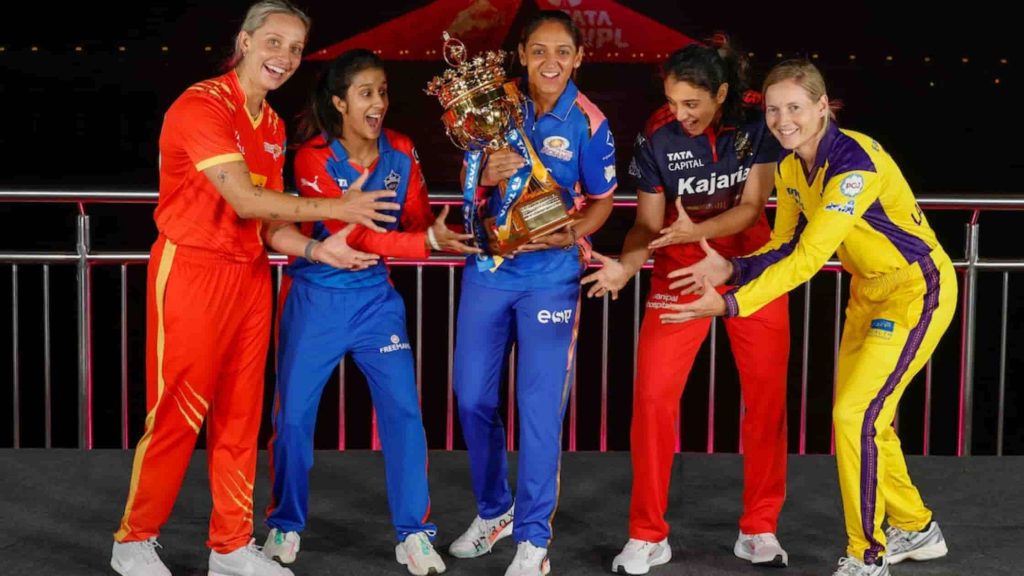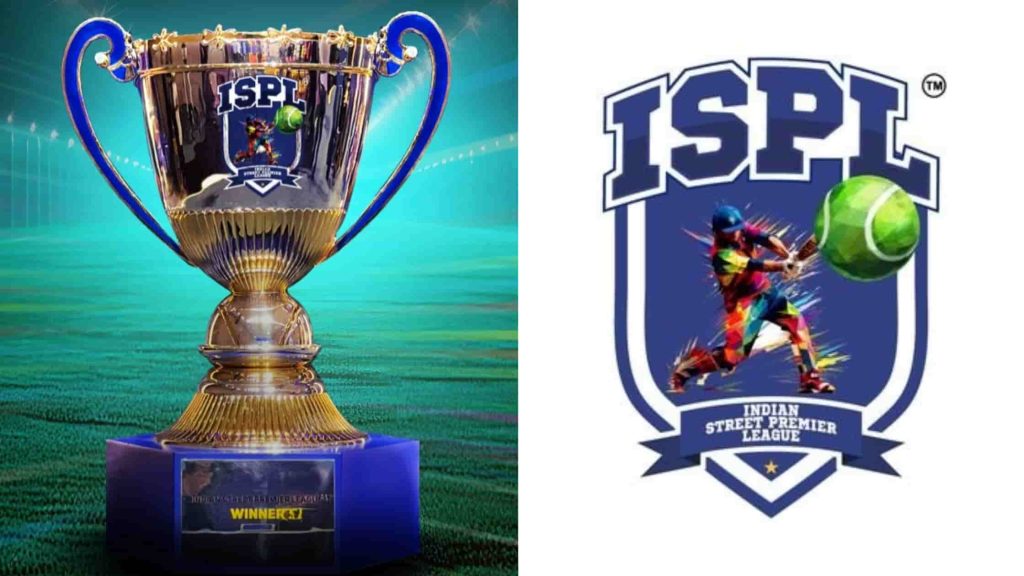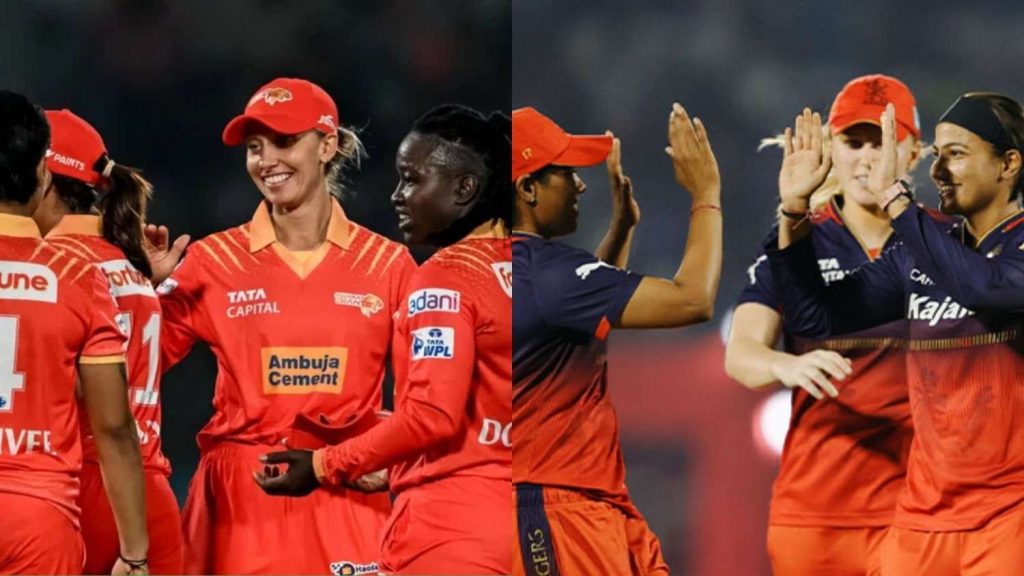The Ministry of Youth Affairs and Sports is led by Dr. Mansukh Mandaviya. He continues a legacy that has shaped India’s sports goals since Independence.
This includes hosting major events like the Asian Games and supporting Olympic success.
Over the decades, key political leaders have influenced policy, funding, and athlete development.
This post traces the complete list of Sports Ministers of India (1947–2026), highlighting their tenures, reforms, and impact on Indian sports at both the grassroots and international levels.
Complete List of Sports Ministers of India (1947–2026)
Here’s a timeline of all the Sports Ministers of India since independence. It covers their tenures, Prime Ministers, party ties, and major contributions to Indian sports policy.
| Minister | Tenure | Prime Minister | Party | Key Contributions |
|---|---|---|---|---|
| Maulana Abul Kalam Azad | 15 Aug 1947 – 22 Feb 1958 | Pandit Jawaharlal Nehru | Indian National Congress | Oversaw youth & sports under the Education Ministry |
| Buta Singh | 2 Sep 1982 – 31 Oct 1984 | Smt. Indira Gandhi / Shri Rajiv Gandhi | Indian National Congress | First Minister of Sports; led the 1982 Asian Games Organising Committee |
| Smt. Uma Bharti | 1 Mar 1999 – 13 Oct 1999 | Shri Atal Bihari Vajpayee | Bharatiya Janata Party | MoS, I/C Youth Affairs & Sports (early 1999) |
| Shri Ananth Kumar | 13 Oct 1999 – 2 Feb 2000 | Shri Atal Bihari Vajpayee | BJP | First cabinet-level independent charge |
| Shri Sukhdev Singh Dhindsa | 2 Feb 2000 – 7 Nov 2000 | Shri Atal Bihari Vajpayee | Shiromani Akali Dal / NDA | Transition term after Kumar |
| Smt. Uma Bharti | 7 Nov 2000 – 25 Aug 2002 | Shri Atal Bihari Vajpayee | BJP | First high-profile woman minister for sports |
| Shri Vikram Verma | 26 Aug 2002 – 22 May 2004 | Shri Atal Bihari Vajpayee | BJP | Oversaw policy groundwork pre-CWG |
| Shri Sunil Dutt | 23 May 2004 – 25 May 2005 | Dr. Manmohan Singh | Indian National Congress | Brought celebrity influence to sports policy |
| Dr. Manmohan Singh | 25 May 2005 – 18 Nov 2005 | Dr. Manmohan Singh | Independent | PM held Youth & Sports portfolio temporarily |
| Shri Oscar Fernandes | 18 Nov 2005 – 29 Jan 2006 | Dr. Manmohan Singh | Indian National Congress | MoS (I/C), short tenure |
| Shri Mani Shankar Aiyar | 29 Jan 2006 – 6 Apr 2008 | Dr. Manmohan Singh | Indian National Congress | Grassroots focus, institutional reforms |
| Dr. M. S. Gill | 6 Apr 2008 – 19 Jan 2011 | Dr. Manmohan Singh | Indian National Congress | Oversaw CWG 2010 era |
| Shri Ajay Maken | 19 Jan 2011 – 28 Oct 2012 | Dr. Manmohan Singh | INC | Reform in selection post-CWG |
| Dr. Jitendra Singh | 28 Oct 2012 – 26 May 2014 | Dr. Manmohan Singh | INC | Congress continuity term |
| Shri Sarbananda Sonowal | 27 May 2014 – 23 May 2016 | Shri Narendra Modi | BJP | Fit India, youth initiatives launch |
| Dr. Jitendra Singh | 23 May 2016 – 5 Jul 2016 | Shri Narendra Modi | BJP | Brief interim assignment |
| Shri Vijay Goel | 5 Jul 2016 – 3 Sep 2017 | Shri Narendra Modi | BJP | National Talent Search Portal, youth reforms |
| Col. Rajyavardhan Singh Rathore | 3 Sep 2017 – 30 May 2019 | Shri Narendra Modi | BJP | Former Olympian; elite athlete focus |
| Shri Kiren Rijiju | 31 May 2019 – 7 Jul 2021 | Shri Narendra Modi | BJP | Sports law reform, global engagement |
| Shri Anurag Singh Thakur | 7 Jul 2021 – 9 Jun 2024 | Shri Narendra Modi | BJP | Khelo India & WPL launch, Asian Games 2023 prep |
| Dr. Mansukh Mandaviya | 10 Jun 2024 – Present | Shri Narendra Modi | BJP | Current minister handling Youth Affairs & Sports |
India has had 21 Sports Ministers since independence, with tenures ranging from brief transitional periods to multi-year terms that shaped major sporting events and policies.
Key Milestones Of The Indian Sports Ministry (Till Date)
From its origins under the Education Ministry to becoming a full-fledged ministry shaping national sports policy, this timeline traces the key turning points in the evolution of India’s sports governance.
1982: The Separate Department of Sports was established
The ministry was set up as the Department of Sports at the time of the organisation of the 1982 Asian Games in New Delhi.
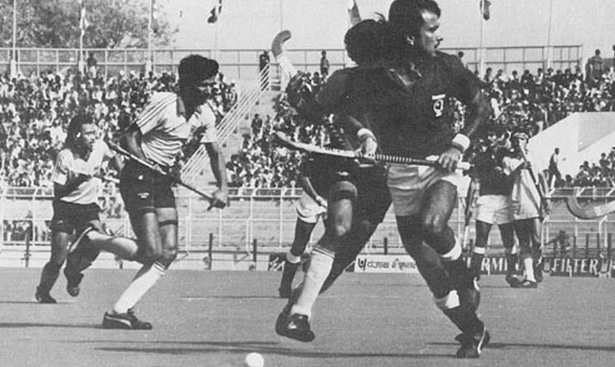
This marked the transition from sports being managed under the Education Ministry to having its dedicated administrative structure, recognising the growing importance of sports in national development.
2000: The Ministry of Youth Affairs & Sports was formed
The ministry expanded its scope to include youth affairs, acknowledging the interconnection between youth development and sports promotion.
This consolidation created a more comprehensive approach to nurturing talent from grassroots to elite levels across various age groups.
2008–2012: India’s golden run in the Olympics begins
Under Dr. M. S. Gill, India saw its first individual Olympic gold (Abhinav Bindra, 2008) and hosted the 2010 Commonwealth Games.
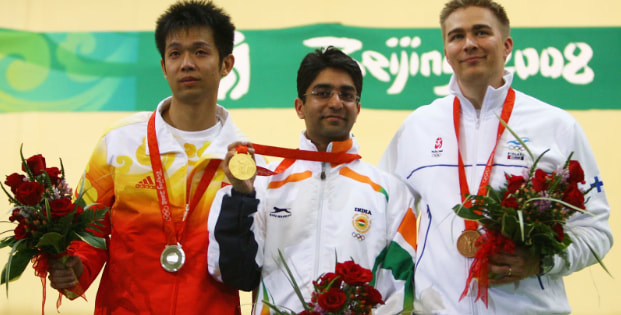
This period also saw the Commonwealth Games 2010 in Delhi, which, despite controversies, elevated India’s profile as a major sporting nation.
2016–2024: Khelo India, Fit India Movement, WPL, global sports diplomacy
The Modi era brought transformative initiatives like Khelo India for grassroots development, Fit India Movement for mass participation, and support for women’s cricket through the Women’s Premier League.
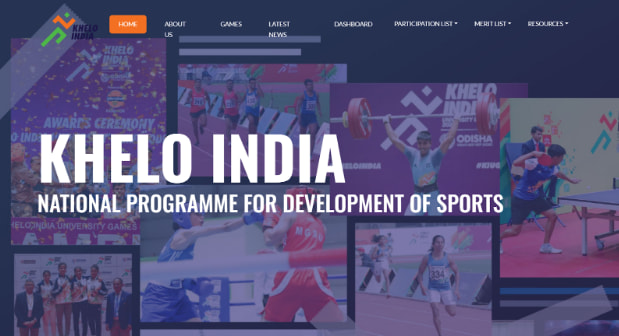
This period emphasised sports as a tool for national pride and international diplomacy.
Top Sports Policies Introduced (By Minister)
These important sports policies, brought in by key ministers, changed how India develops athletes, governs sports, and engages with grassroots efforts.
| Policy Name | Year | Minister | Impact |
|---|---|---|---|
| National Sports Policy | 1984 | Shri Buta Singh | First structured policy framework |
| Khelo India | 2018 | Col. Rajyavardhan Singh Rathore | Grassroots talent development |
| Sports Code Draft | 2017 | Shri Vijay Goel | Attempted to clean up the federations |
India’s sports policies have evolved from Shri Buta Singh’s 1984 framework to Khelo India and the Sports Code.
These efforts have helped develop athletes, improve governance, and increase grassroots participation.
This sets the stage for a more organised, inclusive, and performance-focused sports environment.
National Sports Policy (1984)
Shri Buta Singh’s pioneering policy established the foundation for systematic sports development in India.
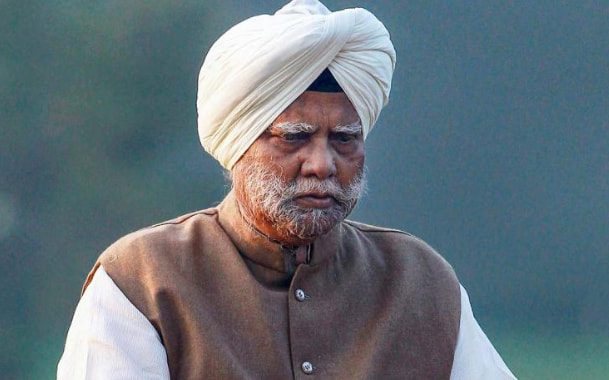
He created frameworks for athlete development, infrastructure, and international competition participation that continue to influence current policies.
Khelo India (2018)
Col.Rajyavardhan Rathore’s flagship program revolutionised grassroots sports by identifying and nurturing young talent through structured competitions.
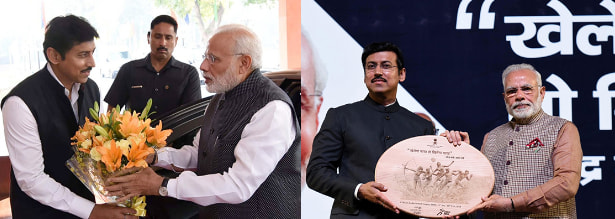
It provided scholarships and training facilities, creating a pipeline from school to elite sports.
Sports Code Draft (2017)
Shri Vijay Goel’s initiative aimed to bring transparency and accountability to sports federations through governance reforms, though implementation faced resistance from established sporting bodies.
India’s Present Sports Minister and Their Focus Areas
Dr. Mansukh Mandaviya is currently the Sports Minister of India and also serves as the Minister of Labour and Employment.
Dr. Mansukh Mandaviya took charge of the Ministry of Sports and Youth Affairs on Tuesday and promised to work with full commitment to improve the country’s sporting landscape.
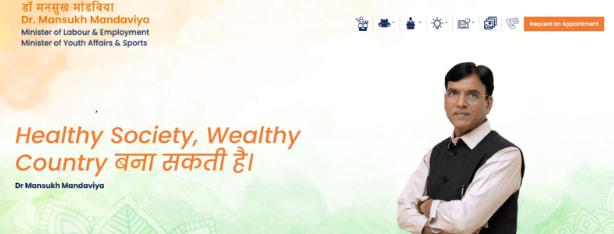
The 52-year-old Mandaviya, who won the Porbandar Lok Sabha seat in Gujarat, earlier served as the union health minister at the height of the Covid-19 pandemic in 2021.
His appointment brings healthcare expertise to sports administration, potentially benefiting athlete welfare, injury prevention, and sports medicine development.
His focus areas include Olympic preparation, youth engagement, and leveraging his health ministry experience for athlete fitness programs.
Sports Infrastructure Development in India
India’s Olympic preparations have intensified under recent sports ministers, with significant investments in training facilities, sports science centres, and athlete support systems.
The establishment of national centers of excellence, upgraded stadiums for international competitions, and enhanced coaching infrastructure reflects the ministry’s commitment to creating world-class sporting environments.
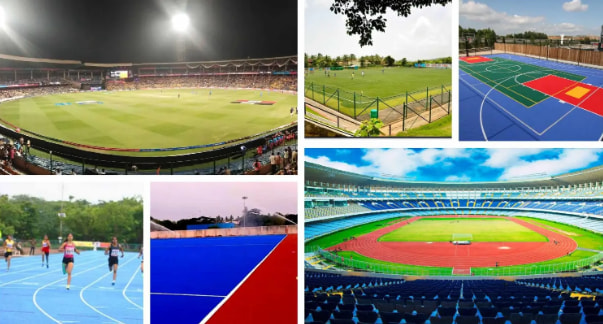
The government’s emphasis on sports infrastructure extends beyond elite facilities to community-level amenities, ensuring that sporting opportunities reach every corner of the nation.
This comprehensive approach aims to create a robust ecosystem supporting India’s Olympic ambitions while promoting mass participation in sports.
Related Reads:
Conclusion: From 1947 to 2026, India’s Sports Ministers shaped the journey from oversight to Olympic ambition
The role of India’s Sports Ministry has transformed from symbolic representation to active policymaking, infrastructure building, and global diplomacy.
From laying the foundation in the 1950s to championing grassroots programs and gender inclusivity in the 2020s, each minister has left a unique imprint.
As India aims for Olympic glory and sporting excellence, the leadership at the ministry remains vital.
Understanding their contributions gives insight into how Indian sport reached its current momentum and the strategic direction needed for future achievements.
FAQs
Maulana Azad handled youth and sports as part of his education portfolio post-independence.
Dr. Mansukh Mandaviya became the Sports Minister in June 2024 under Prime Minister Modi’s third term.
The President appoints the Sports Minister on the Prime Minister’s recommendation as per the Constitution.
It formulates sports policy, manages awards, institutions, youth programs, and international sports coordination.
Rajyavardhan Rathore launched Khelo India in 2018 to promote grassroots sports and talent development.


